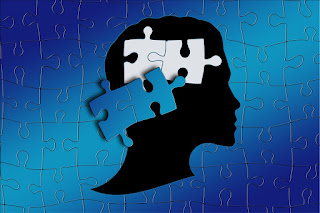Dyslexia is a neurological condition in which the brain’s “wiring” makes reading difficult. Brain anatomy studies and functional brain scans show that the brains of people with dyslexia are structurally, developmentally and functionally different from the brains of people without dyslexia. However, dyslexia is not brain damage nor a disease.
Dyslexia is not related to intelligence; highly intelligent people can have dyslexia. People with dyslexia may not read accurately or fluently, because they have trouble identifying the individual sounds that make up a word, or they can’t learn to relate a sound to a visual symbol like a letter. They may have difficulty decoding written or printed language, and may be poor spellers and have illegible handwriting. Having dyslexia may affect reading comprehension; persons who read less also tend to have smaller vocabularies and less general knowledge than more capable readers.
Children with dyslexia often face difficulty receiving an appropriate education. If their teachers do not understand their struggles, students with dyslexia may be tagged as lazy, stupid, or underachieving. However, many coping strategies are available. Dyslexia is now considered a specific learning disability, and can be covered by accessibility laws related to educational opportunities. About 14% of students have enough problem with dyslexia to qualify for special education services. With proper education and support, about 96% of students with dyslexia can become good readers.
For more information on adult dyslexia, please visit these sites:
- Dyslexia Foundation (UK): http://www.dyslexia-help.org/
- International Dyslexia Association: https://dyslexiaida.org/
- Headstrong Nation: http://headstrongnation.org/
- Adult Dyslexia Organisation (on Facebook):
https://www.facebook.com/AdultDyslexiaOrganisation/ - Neuhaus Academy (free for high school or adult learners) offers word decoding lessons: https://neuhausacademy.org/students/

No comments:
Post a Comment
Got a Comment?